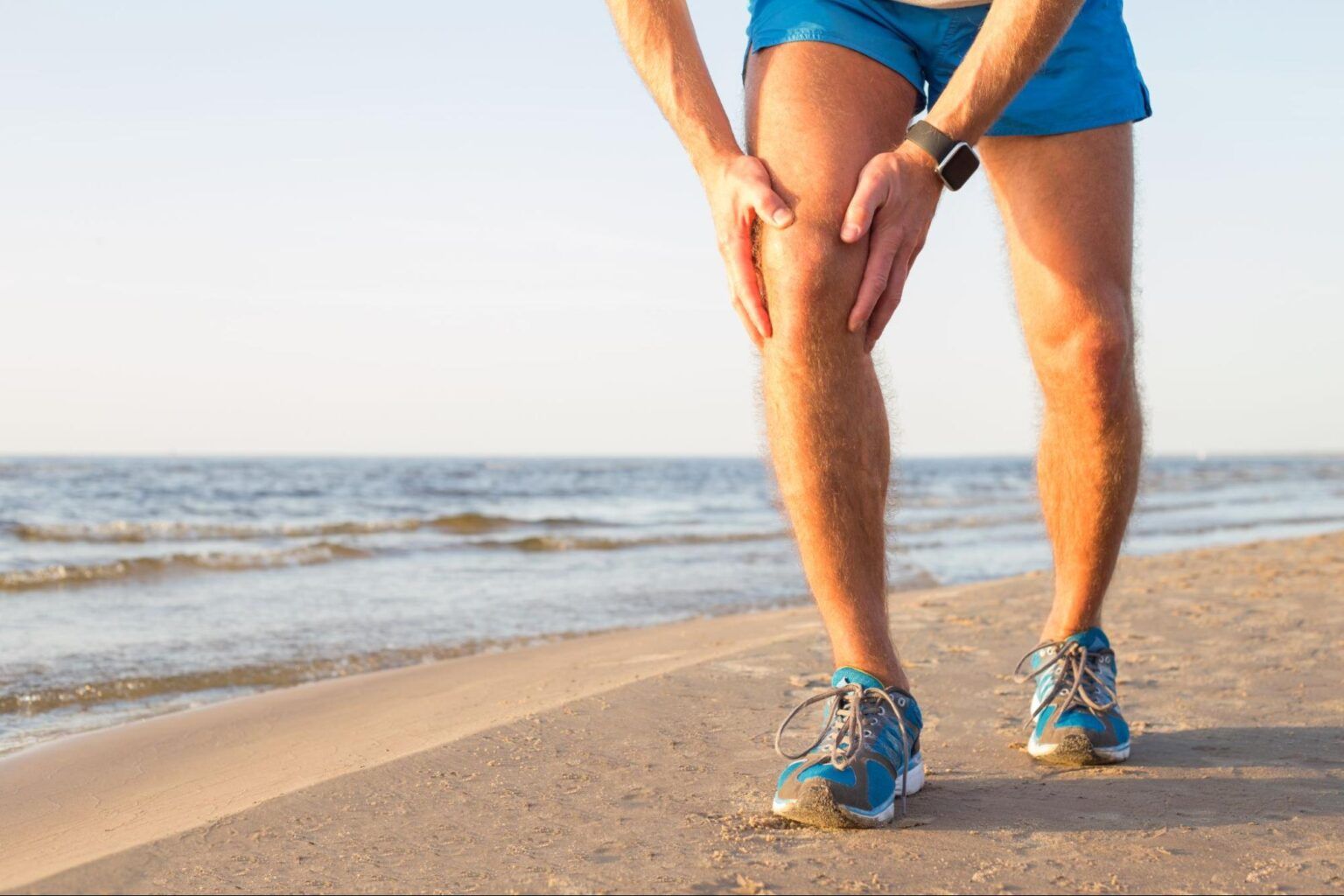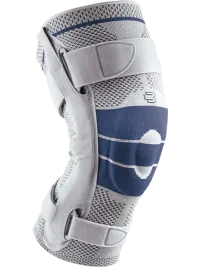Injuries can keep us from living life to the fullest, especially here in the Memphis area and surrounding communities like Germantown, Bartlett, Southaven, and Hernando. Some injuries limit our activity, but others, like an ACL tear, can make even simple movements painful. If you've torn your ACL, you may feel pain every time you shift your weight. Our knees bear the weight of our entire body—they help us stand, walk, and even sit down. A torn ACL can disrupt all of these daily activities and even affect your sleep. Let's take a closer look at ACL tears, their long-term symptoms, and what steps you can take to get back on your feet.
What is the ACL?
ACL stands for the anterior cruciate ligament. To help break down these anatomical terms, remember that a ligament connects a bone to a bone. The ACL connects the top of your leg (femur) to the lower part (tibia). Or, think of your thigh bone and your shin bone.
The ACL lies underneath your kneecap and intersects with the posterior cruciate ligament. This is where the "cruciate" in its name comes from. These two ligaments help balance one another and form an "X." And "anterior" means that the ACL is closer to the front of the body.
What Does the ACL Do?
Every part of the body acts to keep things in balance. Your ACL is one of four ligaments in your knee. The other three are:
- Posterior cruciate ligament (mentioned above)
- Lateral collateral ligament (located on the outside of the knee)
- Medial collateral ligament (located on the inside of the knee)
Each of these ligaments and the patellar tendon (attached to the bottom of the kneecap) helps stabilize the knee, keep it balanced, and protect it from shock.
The ACL has two primary roles:
- Impeding the knee from going too far forward
- Keeping the knee from rotating too much
A Brief Guide to ACL Tears
According to Johns Hopkins Medicine, the ACL is among the most commonly torn ligaments in the knee. It may occur as many as 200,000 times a year. Doctors estimate that people under 20 are most likely to injure an ACL. Typically, the ligament is torn via a twisting motion wherein the foot moves in one direction and the knee moves in the opposite. It may also happen when jumping and landing in an awkward position.
Sports popular in the Memphis area like soccer, basketball, football, and even lacrosse can increase the risk of an ACL tear.
Short-Term Symptoms
At the time of the injury, you might hear a popping sound in your knee. You will likely feel pain. Your knee will become inflamed, and you will observe swelling. Walking will prove difficult and uncomfortable. You will also need help finding your balance when standing.
Long-Term Symptoms of an ACL Tear
One quick caveat: always speak with your doctor before seeking treatment for an ACL tear. The knee is a complex joint, and injuries are highly unique.
The most common long-term symptoms of a torn ACL are instability in the knee joint and osteoarthritis. Osteoarthritis occurs when our joints wear down over time. One study noted that about half of those with torn ACL will experience osteoarthritis. This often happens even 10-20 years after the original ACL injury.
What About Surgery?
Surgery can help a torn ACL in some circumstances, but it is not always the answer. Reconstructive surgery can indeed repair a torn ACL. However, even after surgery, the cartilage around the site of the injury can deteriorate. Plus, there is no guarantee that a single surgery will fix the problem. Patients who receive surgery to repair a torn ACL sometimes require more surgeries. And there's no guarantee that a previously torn ACL won't tear again. The ACL might be weaker after surgical repair because of the injury. Our orthopedic specialists at OrthoSouth will work with you to determine the best treatment plan tailored to your needs.

What Should I Do if I Tear My ACL?
A torn ACL is not a life-threatening emergency. Nonetheless, follow up with your doctor as soon as possible. In the meantime, keep the acronym RICE in mind.
- Rest: give the knee a break by getting off of it
- Ice: place an icepack on the inflamed knee
- Compression: use a compression bandage or sleeve to apply pressure
- Elevation: prop the injured foot up
Need Personalized Care in Memphis or Nearby?
At OrthoSouth, we understand how an ACL injury can disrupt your life. Our experienced, empathetic physicians in Memphis, Germantown, Bartlett, Southaven, and Hernando are here to provide patient-centered care tailored to your unique situation. We offer same-day appointments and after-hours urgent care to get you the help you need without long waits or travel.
Schedule an appointment with us today, and let's get you back to the activities you love. Visit our knee page or call us at 901-641-3000 to get started.

